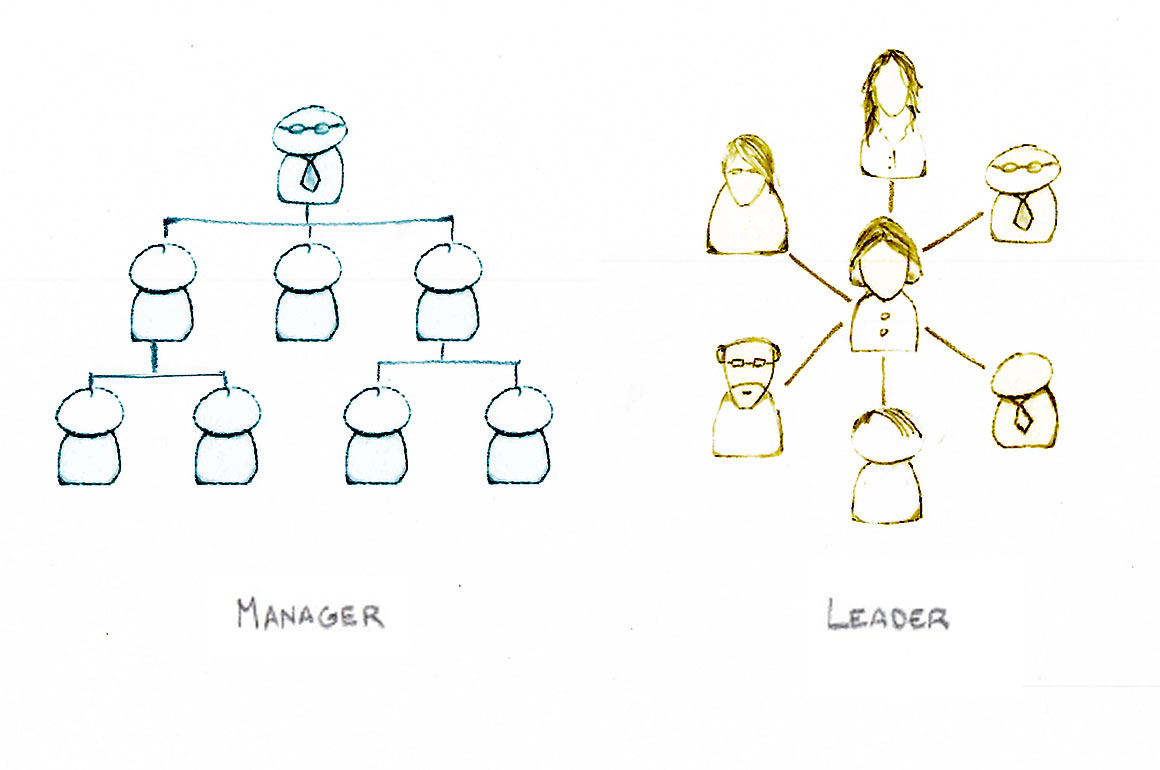Q: Do you have any suggestions for making the most out of the employee review cycle?
A:
Leadership teams and managers often dread the employee review cycle. On top of a full workload, suddenly every employee needs to get a formal performance review and the organization needs to begin to roll-up ratings, promotions, bonuses, and salary increases. While all of these things firm up over several weeks, its important to get a sense of how the organization is performing and what changes need to be made. This is also the time where if an organization is dismissing their bottom performers that these discussions are also happening. It is stressful for everyone!
Why are employee reviews so stressful?
Employees want strong performance reviews because their money and career are attached to them. Of course, they also want recognition of a job well done.
Managers are employees too. They may know more about how the process works, but their performance impacts their money and career just like it does their employees.
Up-line managers are often dealing with broader objectives such as:
- organizational staffing—increasing, decreasing, restructuring, geographical movements
- budgets—bonus pool increase and decreases, pay increase limits, project and capital spending under, over, increasing or decreasing
These larger topics impact first line managers and the stress continues. So, the question is, as managers, how can we make the most of employee reviews?
Top 5 Actions for Managers Reviewing Employees
Here are the Top 5 things to do to make more meaningful employee feedback reviews.
1. Block off time making it top priority. You can’t create any value for anyone if this activity gets the least of your attention. “Garbage in, garbage out,” they say. The problem is we all know when we get a bullshit review. It stinks and it is always the manager’s fault. If you want to create more meaningful employee reviews, you must treat the activity as if it is the most important thing you are doing that week.
2. Timebox the activity. To balance the importance of making the most of reviews, you must timebox the activity or it will consume all your waking hours until the results are in and some HR process makes it final. If you are in this camp, you are losing, and you must get out of this trap. Timebox based on getting it done early even if you must triage the formality in phases. Go from bullets for each employee and a rating to exquisitely crafted prose over time. After all, once the organization calibrates, you may need to update your evaluations.
3. Make them meaningful. Since this is the core of the question we deep dive on the 8 steps to crafting killer reviews. That sounds like a lot of work, however much of it stays the same over your organization and you should naturally know the answers. Think of this activity as a faithful review of what happened over the period—good, bad and other. It should be familiar to the employee, peers and management team. Approach the positive aspects as you might a letter of recommendation. Critical aspects should be tighter, focusing on the feedback in plain detail with a possible next step named.
8 Steps to Crafting Killer Reviews
- Review the organization’s goals and accomplishments
- Know the employee’s goals and successes
- Find and endorse the most important contributions
- Show the areas needing continued attention
- Be clear and specific about the area of improvement
- Anchor the feedback to specific memorable moments that show the gap
- Follow-through and offer one way to improve
- Tentatively propose a performance mark if your organization uses them
(e.g. T1, T2, T3, T4 or 1, 2, 3, 4)
4. Balance performance distribution. You must represent your perspective to your employees and ideally across the organization. Get ready to support your rationale. Many organizations have calibration tools to support this. Take it seriously or you will be failing your employees.
- Be merit driven
- Remember everything is relative
- Ensure balance across your organization
5. Raise the standard of your fellow peer and up-line managers. This is an advanced placement activity. If you are a strong leader or up-line manager, you have to set the standards and often raise them. The simplest method of affecting the organization is to ensure a single approach and few exceptions. Merit based systems are the easiest to work through and execute.
a. Strive to have done the most through review.
b. Know the strengths and weaknesses across the organization.
c. Understand how your peer managers are thinking about their reviews.
d. Argue for merit over all other rational ideals.
It is okay not to get your way, just make sure it is clear if you object and tie it back to merit based evidence. You are either going to get calibrated or you are there calibrating.
Final Thoughts
Employee reviews are the time when managers reflect on the organization’s contributions. While we strive to present our work in the best light, our employees need our help to get the visibility from the rest of the organization. Similarly, we find out if the organization’s contribution out performs its peers. One manager’s top performer is another manager’s bottom. Assuming we are all striving to improve, employee reviews are the one time of the year where we come together to mark progress on that endeavor.
Three tools for all leaders
READ
Thanks for the Feedback: The Science and Art of Receiving Feedback Well
by Douglas Stone &
Sheila Heen
We use affiliate links on this site. We make a bit of money when you click on those links. It costs you nothing and helps us spread the word.












